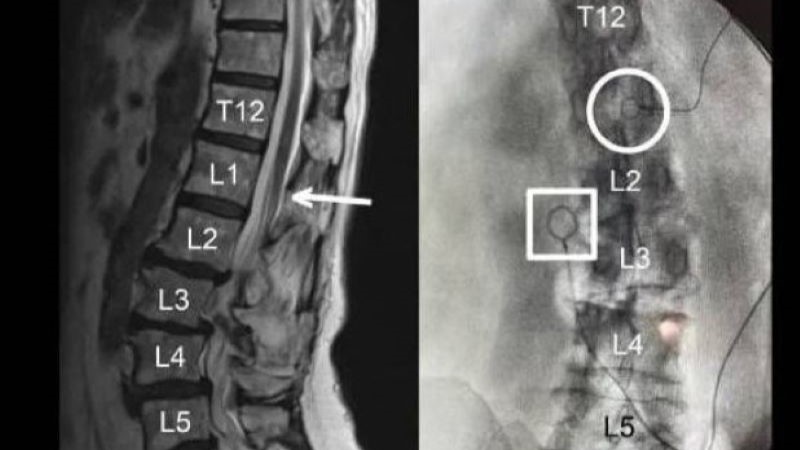
Recent research suggests that morbidly obese patients may be valid candidates for a total knee replacement, contrary to popular opinion. Risk of postoperative complications is commonly associated with increased patient BMI for reasons related to surgical exposure time, therefore those with morbid obesity are often viewed as poor candidates for a knee replacement. This new research, however, compared patient outcomes to find that those with morbid obesity may not experience severely different outcomes than their healthy counterparts. This work was published on August 2 in the journal International Orthopaedics.
Opinions on Knee Replacements in Obese Patients
Performing knee arthroplasty in an obese individual is technically a more challenging procedure, requiring more time and greater exposure for surgical access. Previous research has found that intra-operative complications, such as blood loss and difficulty identifying anatomy, are elevated in those with obesity. Being that obesity is becoming more prevalent in an aging population, the number of total knee replacements conducted in overweight patients is expected to rise.
Though this joint replacement is often the only remedy for severe osteoarthritis, physicians are often hesitant to operate on these patients due to their weight. To better understand total knee replacement outcomes in patients with obesity, this research team compared knee replacement outcomes between morbidly obese, obese, and non-obese patients.
Background of the Joint Replacement Study
Morbidly obese, obese, and non-obese patients were defined as having a BMI over 40 kg/m2, between 30 and 40 kg/m2, and under 30 kg/m2, respectively. The goal of this study was not only to compare the outcomes among patients in these three categories but to evaluate how individuals within the morbidly obese group fared as well. To do so, the researchers further broke this group into patients with morbid obesity (BMI between 40 and 50 kg/m2) and patients with extreme morbid obesity (BMI over 50 kg/m2). The team also aimed to present surgical tips that can improve knee replacement outcomes in patients with morbid obesity.
In this work, the researchers recruited 333 patients who underwent a knee replacement operation. 39 of them were lost at follow-up, resulting in a final patient population of 292 patients. 82 of these patients received total joint replacements in both knees and 374 received the knee replacement on one side only. The average age in this patient population was around 64 years of age, with an average follow-up of roughly 11 years. The knees were evaluated at follow-up for implant position, alignment, stability, pain, and other factors.
The research team found significant improvements in various knee scores in the non-obese, obese, and morbidly obese groups, with a significant change being observed between the obese and non-obese patients as compared to the morbidly obese population. No significant differences in outcomes were observed between those with morbid and extremely morbid obesity. The researchers did note a slight increase in the risk of early complications after the operation in patients with morbid obesity, including skin necrosis and infection.
Being that the morbidly obese patient population showed improved post-operative scores and no significant differences in outcomes within the group, the authors feel that these patients are viable candidates for total knee replacements.
“We believe that morbid obese patients are appropriate candidates and can enjoy the benefits of total knee arthroplasty done with careful use of some surgical tips presented in our study,” they concluded.
Author Affiliations
The lead author of the International Orthopaedics paper is Jeries Hakim, Department of Orthopedic Surgery at Nazareth EMMS Hospital. Other authors include EMMS Hospital’s Mahmud Amashah, Faris Alkeesh, Saker Khamaisy, Jamal Ownallah, Miri Cohen, and Gershon Volpin. Cohen and Volpin are also associated with the Faculty of Social Welfare and Health Sciences and the Center for Rehabilitation Research at the University of Haifa in Israel.







 © 2025 Mashup Media, LLC, a Formedics Property. All Rights Reserved.
© 2025 Mashup Media, LLC, a Formedics Property. All Rights Reserved.